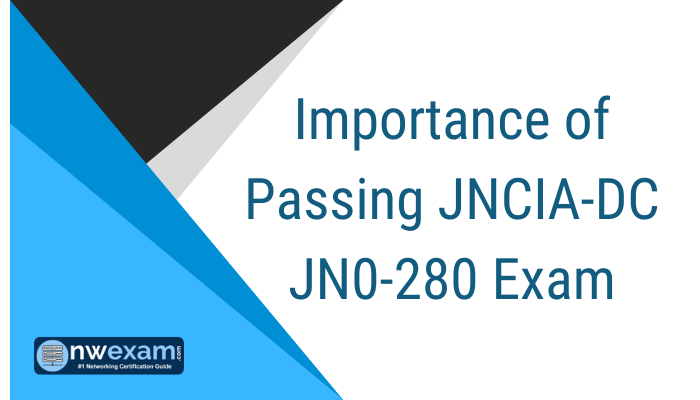
In the digital transformation era, data centers play a crucial role in the IT sector by offering centralized storage, processing, and networking capabilities to organizations of various scales. For network engineers, possessing a thorough grasp of data center architecture and operations is imperative. The certification known as Juniper Networks Certified Associate - Data Center (JNCIA-DC JN0-280 Exam) provides comprehensive training and certification opportunities for individuals aspiring to excel in this field.
What is JNCIA-DC JN0-280 Exam?
A centrally located data center provides diverse IT services, including networking, data processing, and application management. To ensure the uninterrupted availability of essential IT resources, it typically accommodates an array of servers, routers, switches, and other networking devices. Additionally, the facility incorporates cooling systems, backup generators, and fire suppression systems. Various sectors and clientele, such as large enterprises, government entities, and cloud service providers, utilize data centers to meet their technological needs.
